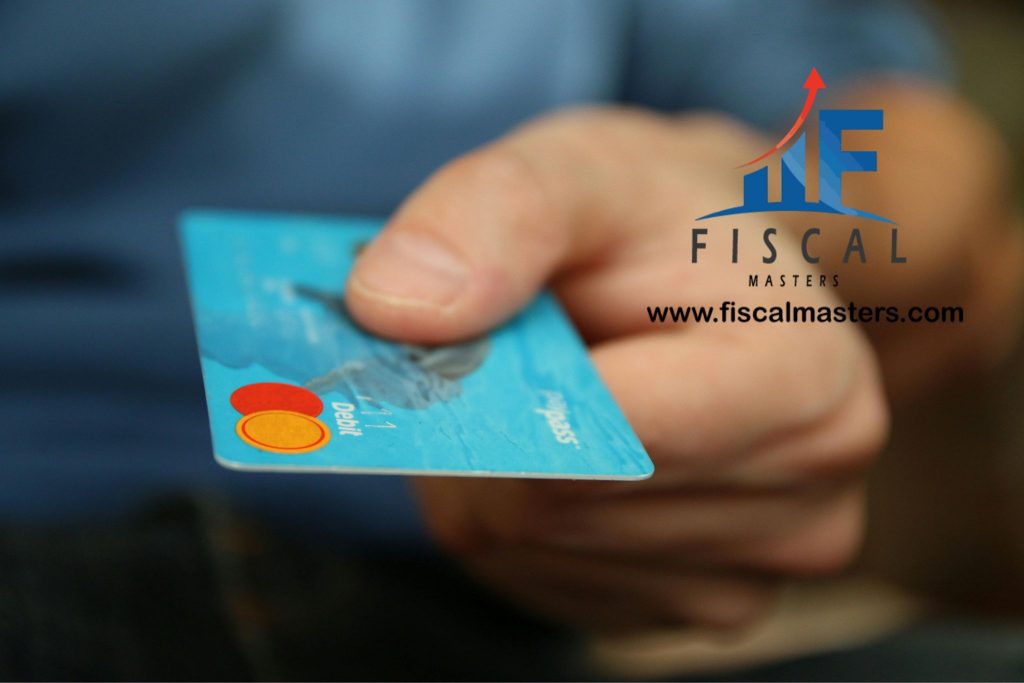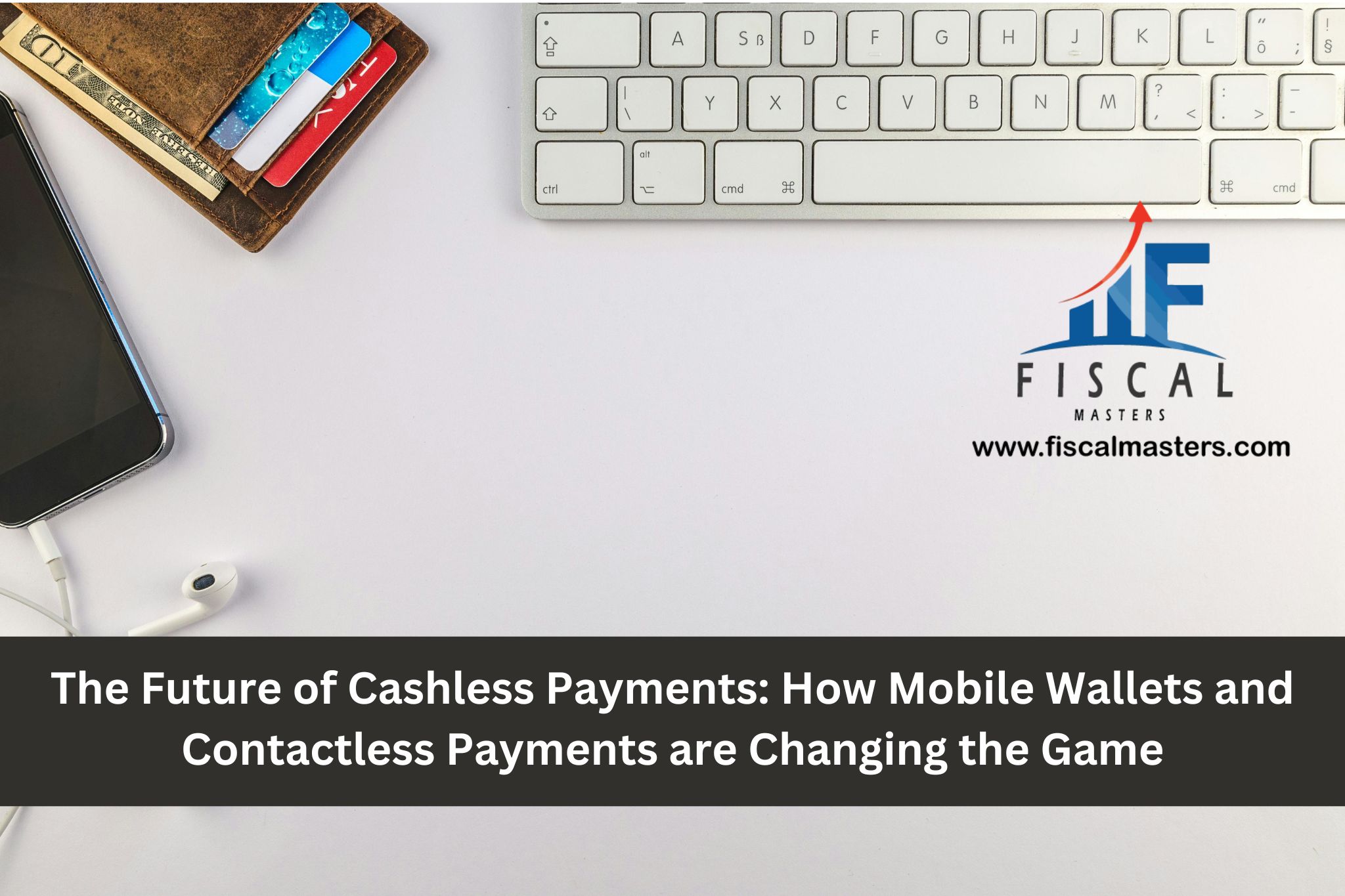With the advancement in technology, we are entering the era of cashless payments. Due to the dramatic shift in preferable transactional methods, e-wallets or digital wallets are gaining popularity with each passing day.
All transactions are now being supported by mobile wallets backed by payment technologies that have completely changed the dynamics of how the financial world operates and how consumers value paper money.
Read more about: Decoding Digital Currency: The Rise and Future of This Emerging Trend in the Financial Landscape
In this article, we will be taking a deeper look at how cashless payments are establishing a new standard for security and convenience in the world of finance and how our economy will benefit from being a cashless society.

The Rise of Mobile Wallets
What is a Mobile Wallet?
Mobile wallets are digital platforms created for the convenience of the users and help in making the transaction process easier. It stores card details on the application which can be directly accessed through phones, tablets, or even smartwatches. Some of the dedicated mobile wallets are Apple Pay, Samsung Pay, and Google Pay. Other types of e-wallets can be Alipay, Nayapay, Paypal, etc.
Have a look at: Understanding Crypto Wallets: How to Choose the Right Type to Manage your Digital Assets
How Does Mobile Wallets Work?
The first step to use this technology is downloading any reliable mobile wallet app on your device. Then, we have to attach it to our debit or credit card, linking it with our bank. It can be done either by manually entering card details or using the camera of your device to scan it.
Once done, it is important to set up an authentication which can be in the form of fingerprint scans, PINs, passwords, or facial recognition. All the deeds done will be tokenized which means that the retailers will not get your actual card details to prevent future fraudulent activities.
Know more about: Financial Strategies for Freelancers and Gig Workers: Managing Irregular Income
If your chosen mobile wallet uses NFC technology for cashless payments, then you must hold your device near the point-of-sale terminal to make wireless transactions. However, many devices also use QR codes that are scanned by the vendor to complete the exchange of money.
Most e-wallets support their customers through peer-to-peer transfers to send money easily between users who utilize the same service. It is also possible to link the loyalty cards and rewards systems of many stores with your device to track points and rewards.
Check out: A Beginner’s Guide: How to Start Investing in Stocks and Build Wealth
How Mobile Wallets Have Changed the Dynamic of Economics?
But, what exactly is the reason behind such a major shift in how economies operate across the world?
The concept of cashless payment systems gained popularity with the introduction of Near Field Communication (NFC). It is a technology that was developed to transfer data between devices while being miles apart.
Soon enough, people started getting more familiar with the concept of contactless payments and its usage skyrocketed due to the facilities it gives to the consumers. In recent reports, as of 2023, the number of users using mobile wallets has exceeded 1.31 billion around the world.
Also read: The Rise Of NFTs: Exploring The Intersection Of Art And Crypto
The Mobile wallet trends are becoming more prominent in regions with potent digital infrastructure such as Asia, Europe, and North America. In China, for instance, mobile wallet transactions are far greater than traditional card payments as companies like WeChat Pay and Alipay take over the financial market. Even in the U.S., Google Pay and Apple Pay have thoroughly changed the way consumers and retailers handle and engage in communions.

Technology Behind Mobile Wallet Adoption
The core technology behind this advancement is the use of NFC which connects a mobile device with a payment terminal. Other technologies like QR codes and Radio Frequency Identification support in markets where NFC-enabled devices are less suitable.
Security is important when it comes to digital transactions. Due to this, emerging technologies such as tokenization and encryptions allow safer data transmission. For instance, Tokenization changes sensitive card details with unique identifiers or tokens that cannot be traced back beyond the initial transaction. It helps keep consumers away from fabrication.
Read more on: Budgeting Tips for Foreign Students – How to Save Money and Manage your Expenses Abroad
Cashless payment solutions become easier with more consumers using smartphones daily, It also decreases barriers to entry for e-wallets. Additionally, with the continuous development of data infrastructure and the availability of Wifi in public places, the integration of mobile wallet technology has become more seamless than ever.
It also results in the development of new technologies that integrate AI with machine learning to develop personalized financial services. Holistically, this infrastructure advancement is giving rise to a plethora of new digitised services such as financial management options, spending trackers, and security methods.
Check out: Managing Personal Finances: Ten Tips for Money-Saving to Achieve your Financial Goals
How is Mobile Wallets Changing the Game?
- It is an on-the-go payment method that allows users to pay for any service without needing any cash or physical card. This facility is even extended to online shopping where shoppers do not have to enter card details to carry out a transaction.
- The speed of purchases has significantly increased overall customer experience. Now it is just about tapping a few buttons over a POS terminal to complete a settlement.
Have a look at: Bitcoin Halving: Exploring Its Profound Impact on Supply and Demand in the Cryptocurrency Landscape
- With the advancement in security systems in regards to mobile wallets and cashless payments, new features are being introduced such as biometric authentication to make the process of online transactions safe and secure.
- Post-COVID-19, people want systems that require minimal physical contact to avoid any health hazards and have a cleaner and healthier way of paying for their goods.
- The accessibility cashless payment system is transformative, especially in areas where mobile phones are common but often lack proper banking infrastructure. It is an entry point for introducing such nations towards a more convenient solution to facilitate them with bill payments, microloans, and money transfers with their own devices.
Do read about: Understanding Crypto Wallets: How to Choose the Right Type to Manage your Digital Assets
- With the shift in the digital landscape, the expenditure of handling and keeping the cash may reduce significantly over time. It can lead to lower processing costs and ensures any theft or fraud regarding physical money is impossible,
- The environment can also be positively affected by cashless payments as less paper and plastic will be required which previously had excess demand due to cash printing and card production. It helps in reaching sustainability and environmental goals.
Read more on: Top 10 AI-Based Budgeting Apps For Students To Manage Their Finances
- Many businesses are advancing towards cashless payments to meet consumers’ expectations of ease and comfort throughout their customer journey. It also prompts businesses to invest in new technology to boost their speed of delivery to remain competitive in their niche.

Mobile Wallet Impact on Consumer Behaviour
The assistance e-wallets and other electronic payment methods offer has also shifted consumer spending patterns. It has resulted in an increase in spending as the “pain of paying” has reduced significantly.
In the absence of this psychological discomfort, consumers are spending more than they are supposed to in many cases. According to a study by Visa, consumers who utilize digital payment methods make smaller but more frequent transactions than the ones who use cash. It results in them spending more than they even wanted to in the first place.
However, this also gives rise to budgeting problems. As money is less tangible in digitised form, it can be difficult for many individuals to manage their expenses properly. It can give birth to many money-management problems.
Though, cashless payment solutions are available to counter this problem. Many finance tools can be connected with the payment systems to maintain proper finance management.
Check out: Tax-Saving Strategies- How To Maximize Savings For Mid-Level Enterprises
Despite this, consumer expectation regarding seamless payment techniques continues to rise. Whether they are shopping online or in-store, many customers demand to pay for their shopping via digital wallets. Therefore, retailers are pressured to adopt techniques that enhance customer satisfaction and keep them competitive.

Limitations of Contactless Payments
Cashless payment systems avoid the need for a card or even a PIN when making any payments. These systems have the same technological methods similar to that of mobile wallets allowing more people to recognize the benefits of it.
For example, in the UK, many businesses have adopted the use of these payment methods resulting in a sharp decline in cash transactions. It not only enhances safety and efficiency but also boosts customer satisfaction, especially in crowded places such as public trains and metro stations.
Have a look at: Exploring different types of investment vehicles: The PROs and CONs of Investing in stocks
But with advancement comes great challenges. When it comes to money, especially in digital form, frauds and scams are common. If not secured properly, cashless payments can open doors for unauthorized payments and potential data breaches.
The technological disparity is also a common issue with cashless payments. In many regions of the world, where the lack of infrastructure and technology has kept less developed countries with limited access, such factors can hinder the growth of these payment systems. It can also create problems with financial transactions across borders.
Learn more about: Securing Your Future: A Guide to Retirement Savings
More importantly, privacy breach becomes a paramount concern when using this technology. Data collected due to various transactions can be traced back to undermining the details about an individual’s location and purchasing habits. To fight off these challenges, many regulations and assurances are being put in place to keep the data transparent and secure.

In Conclusion
Mobile Wallets are becoming a much faster and more convenient way to manage transactions efficiently. It is an essential advancement that is causing a digital shift in many economies. With the package of benefits this technology offers and the promise of never-ending development, it is going to influence the consumer and business dynamic forever.
